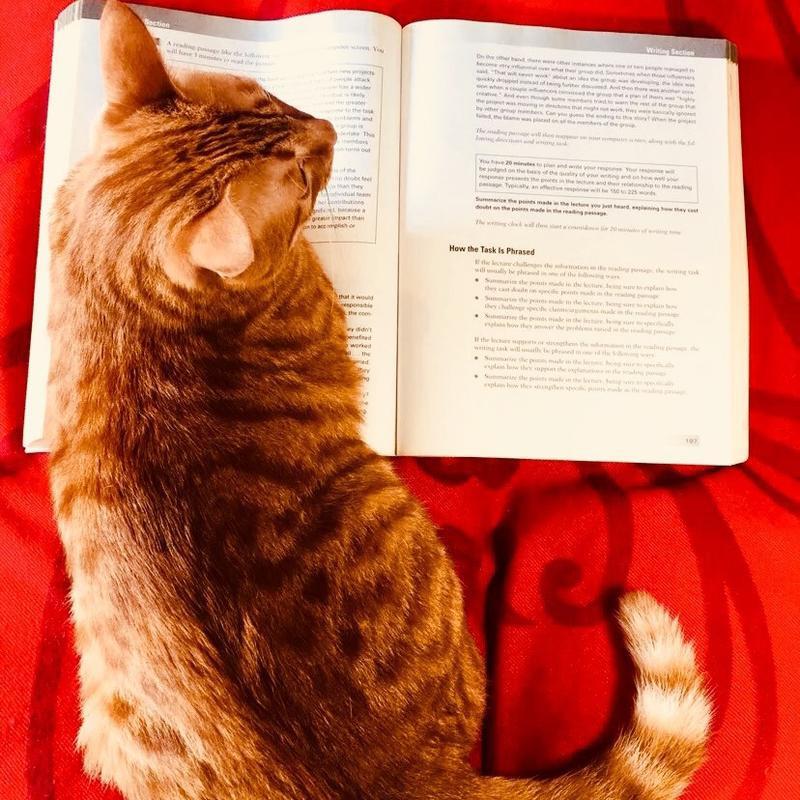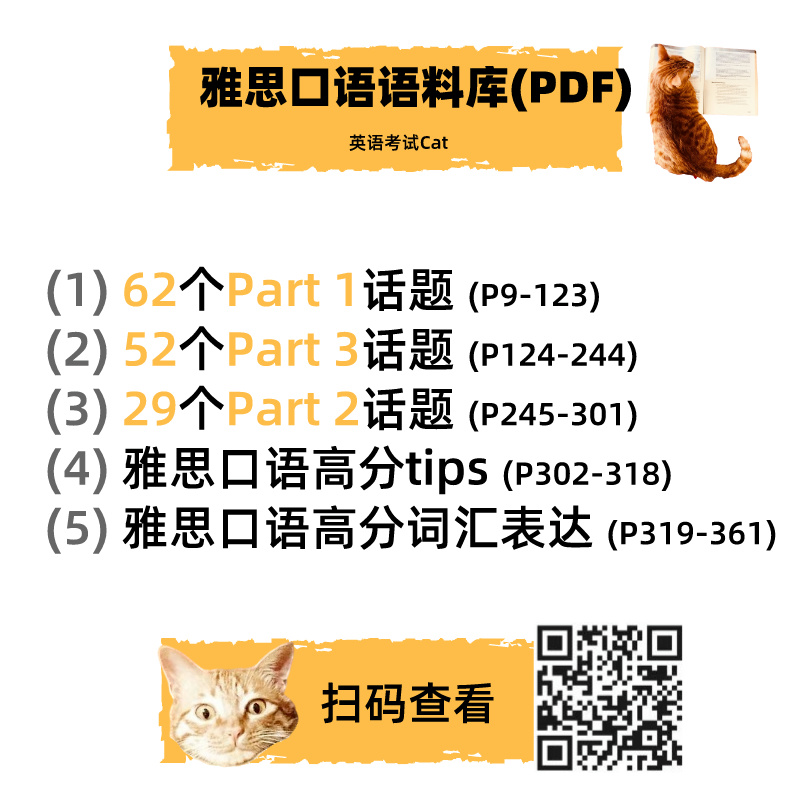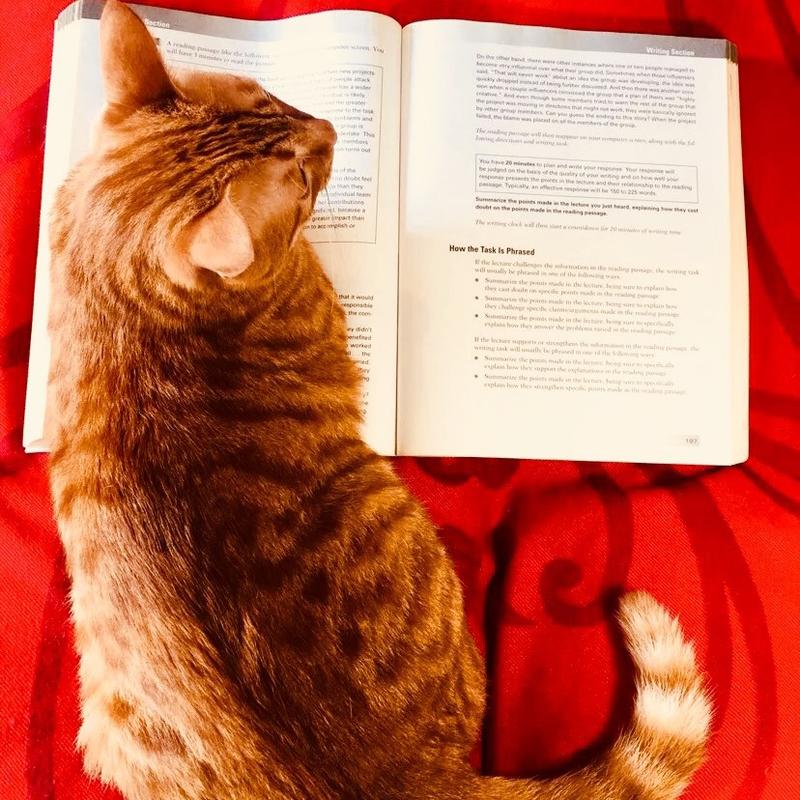
你好呀,欢迎收听:英语考试Cat 🐱🐱🐱🐱
Do you like buying clothes?
I used to but these days, my urge to add something more to my wardrobe has diminished because I realized I’m always wearing the same thing. A few dress shirts and a suit would do back in my office days and a T-shirt and loose-fitting jeans when I’m at home.
A lot of the dresses that I bought out of impulse end up hanging in the corner of my wardrobe collecting dust. As a result, my eyes are not drawn to clothing stores when I walk into a shopping mall and I have to say, it’s a great way to save money.
- urge 冲动
- my wardrobe 我的衣橱
- diminish 减少;下降
- would do 就可以
- back in 在……的时候
- my eyes are not drawn to 不会被……吸引
When do people in your country wear traditional clothes?
I think it depends on what group of people we are addressing.
Some minorities might wear their traditional clothes on a daily basis, but for most people, they rarely put on traditional clothes and if they do, it’s usually only the females, and it’ll be on occasions of paramount importance. For instance, at a wedding, the bride and groom might be clad in traditional garb; on the two days of the university entrance examination, you’ll see a mother wearing a Cheongsam to bring good luck to their exam-going kids.
- address 指向
- minorities 少数民族
- the bride and groom 新郎新娘
- clad in 穿……衣服
- traditional garb 传统服饰
- university entrance examination 高考
- Cheongsam 旗袍
What is the difference between the dress of the elderly and the young in China?
The main difference is the color I think, with the younger generation being prone to wearing bright and youthful colors while their elder counterparts tend to be more ‘low-key’, confining themselves to darker colors, such as gray and black for males and light purple and black for females. In saying that, however, a lot of people, young and old, put on something red during traditional festivals.
Another differentiator, from my observation, is that the styles vary. The young like all types of clothing: T-shirts, jeans, overalls, skirts, shorts, short tops, and even a traditional robe called a Hanfu, whereas senior citizens prefer long sleeves, pants, warm jackets, and coats.
- counterparts 对应的人
- low-key 低调
- confine 局限于
- differentiator 不同之处
- senior citizens 老年人
Under what circumstances will people in your country wear formal clothes?
People mostly attire themselves in formal clothes on important occasions. We have to dress up for weddings, for instance. Also, it depends on the nature of one’s job, but most people have to show up at work in formal clothes. Events, conferences, and business meetings are also occasions where dressing in shirts and pants and leather shoes is the norm.
- attire 着装
- the norm 惯例;标准

空空如也
暂无小宇宙热门评论

